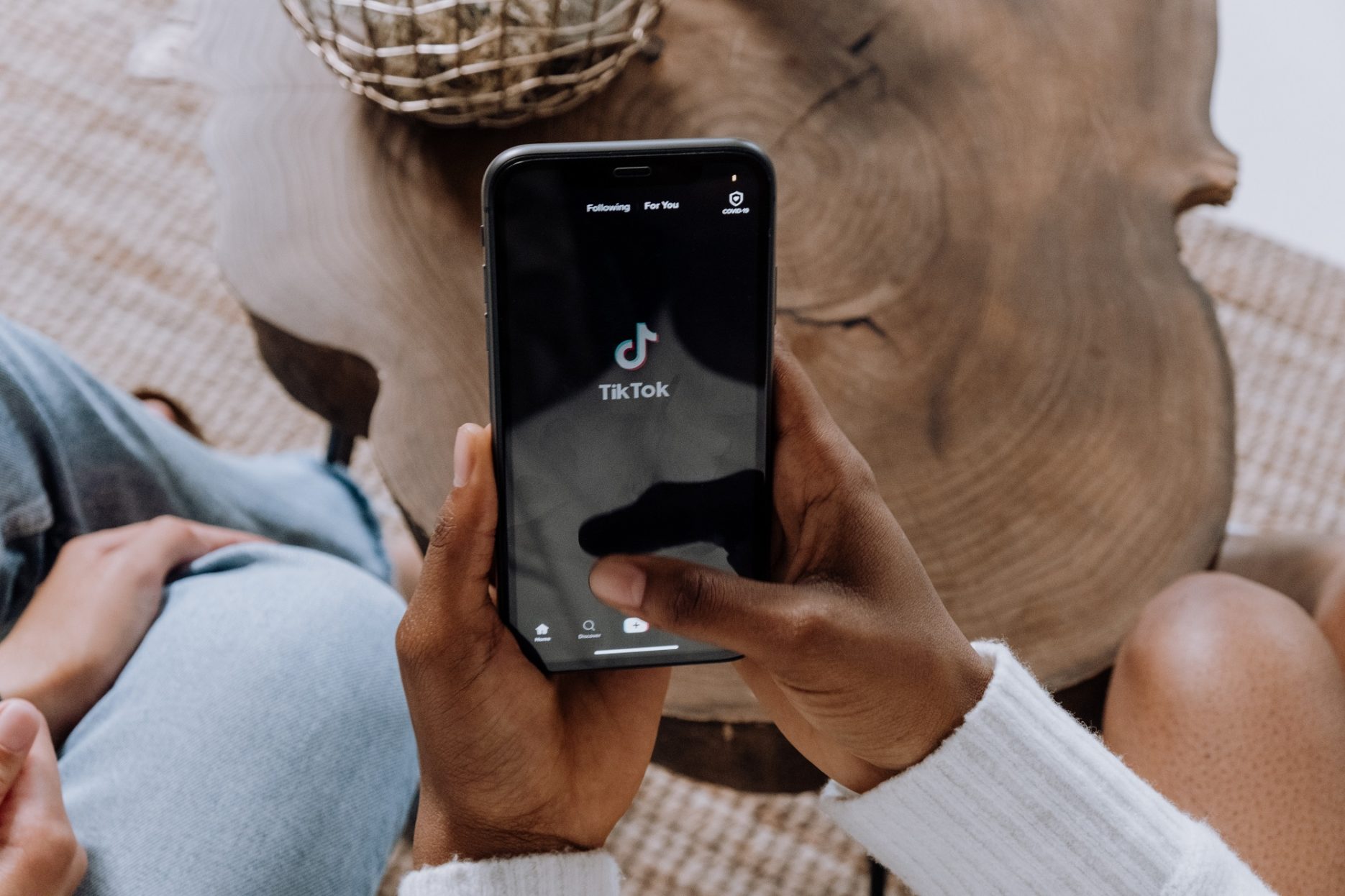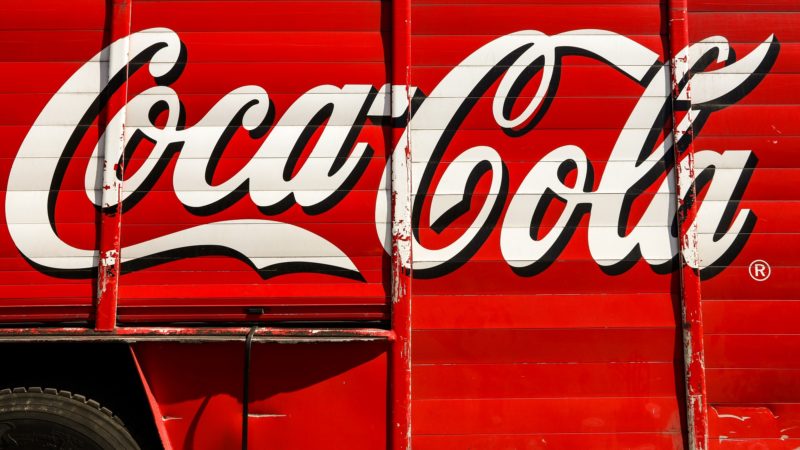The viral short video app TikTok owned by the Chinese tech giant ByteDance has imported China’s notorious ‘996’ work culture to the UK. The London-based e-commerce division, dedicated to its new feature ‘TikTok Shop’ is at the centre of the suffering, which has resulted in the departure of at least 20 staff members – around half of the initial team, according to the Financial Times who lifted the lid on 8 June.
The dispute is centred around overwork, which goes against the working practice in the UK. Staff are claiming that they are expected to work more than 12 hours per day to accommodate conversations with the China team, live streaming sessions that normally don’t kick off until late evening UK time to get better online engagement, and is then followed by “immediate feedback reports”.
While those working into the early hours are praised for being “dedicated”, employees back from sick leave due to work stress found themselves having been removed from client accounts or even faced demotion, the report adds.
The scandal has been fuelled by a remark allegedly made by TikTok UK’s e-commerce boss Joshua Ma, who once told staff that “as a capitalist, I don’t think companies should offer maternity leave for staff”. Ma is now reported to have “stepped back” following an internal investigation launched in the wake of his comment. In response to work-life balance, TikTok said employees need to work “flexible hours” in order to “adapt to customers’ use pattern”.
While the controversy has already thrown TikTok into hot water, adding to the crisis are accusations from brands who have been collaborating with the platform for live streaming. The household appliance maker Dyson complained that TikTok Shop has allowed “substandard copycat products under the brand’s name” to be sold at a much lower price.
For example, a hairdryer with an original price of £450 is seen to be available through the e-commerce platform at some £20, which has breached the brand’s patent rights. In addition, the global cosmetics label L’Oréal has reported a dwindling trust in the platform as a result of “unfair discount offers” and “broke contract unilaterally”.
These episodes have shown the detrimental impacts of culture clashes on brands going abroad. The lesson to be learnt here is that it is crucial for global players to respond to the cultural needs of the country they are trying to target. And rules should always be followed to not only survive but also thrive in a foreign market.









